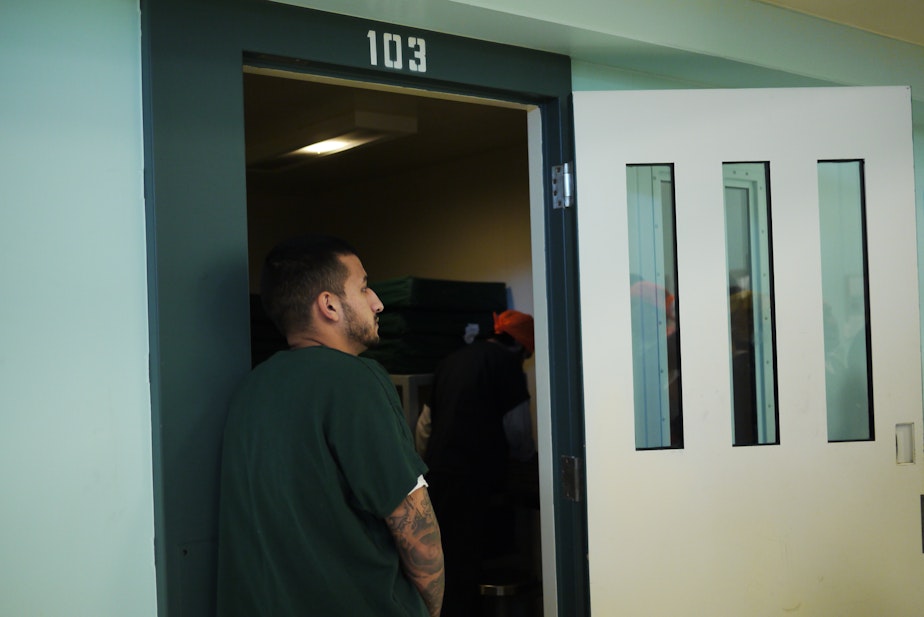Border patrol may start picking up way more immigrants. Some see a problem with that

At the moment, border patrol agents can quickly deport someone within 100 miles of the southern border, and within 14 days of their arrival in the U.S.
That could expand to anywhere in the U.S., within two years of an immigrants arrival, if President Trump has his way.
Immigrant advocates in the Seattle area say they're ready to fight the government’s widening net for deportations.
"It reflects a pretty significant shift in the administration around basically viewing anyone they can find as potentially deportable," said Rich Stolz of One America, an immigrant advocacy group based in Seattle.
In January, President Trump signed an executive order that set the framework to crackdown on illegal immigration. And now, the policy memos spell out some details.
Sponsored
Under Obama, the feds prioritized serious criminals for deportation. Federal officials say that’s still the aim. But the new guidelines direct immigration agents to pick up anyone they suspect is in the U.S. illegally.
Stolz says he’s already seeing more so-called "collateral arrests," where others are caught up in an immigration enforcement.
“What makes them think that an individual may be undocumented?” he said. “The standard just can't be that they're brown."
The new Department of Homeland Security policy also aims to deputize more local law enforcement officers to assist with immigration arrests. And it speeds up deportations by eliminating some court processes.
"There’s a lot of it that is absolutely going to be challenged," said Victoria Mena with Colectiva Legal del Pueblo, a nonprofit legal group in Burien.
Sponsored
“The fact they’re trying to remove people without a hearing in some cases, or that they are once again going to be deporting unaccompanied minors at these alarming rates — there are just very explicit due process concerns,” Mena said.
There will be no exceptions for victims of domestic violence or people who have witnessed crimes, as there have been, said Annie Benson, an immigration attorney for the Washington Defender Association.
The DHS guidelines do leave protections in place for "dreamers" – those young immigrants who came as children and were granted reprieve under President Obama.
Washington state is home to about 250,000 immigrants without legal status, and only one of six states where the number of undocumented immigrants is on the rise.

